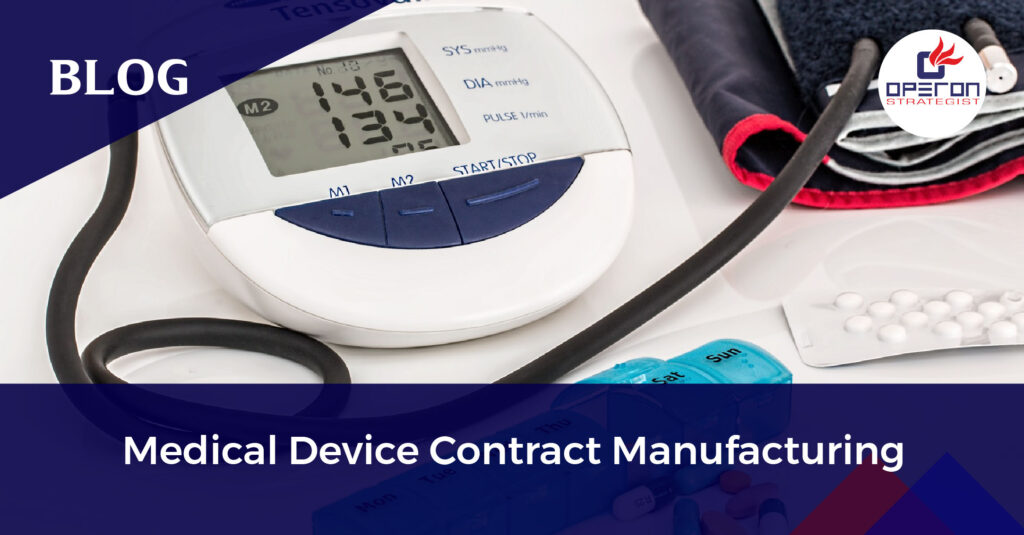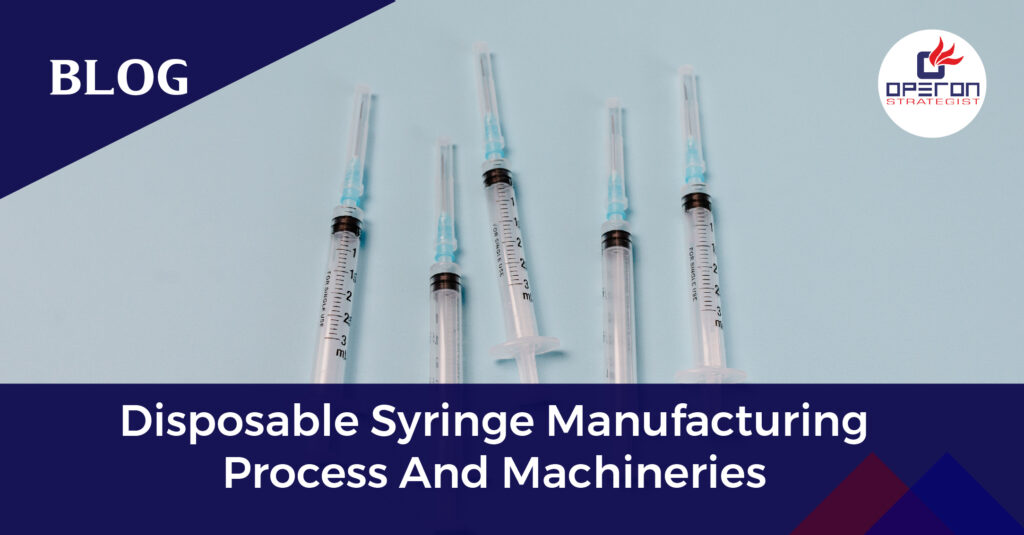As the global medical device industry advances, labeling is no longer just a regulatory formality — it is becoming a strategic asset. The future of medical device labeling lies in digitalization, smart packaging, AI-powered personalization, and global regulatory harmonization.
For medical device manufacturers in India and across the globe, embracing these trends is essential to remain compliant, competitive, and customer centric.
1. Digitalization and E-Labeling: Going Beyond Paper
E-labeling (electronic labeling) is transforming how information is shared across borders and supply chains.
Why it Matters:
Looking For a Medical Device Regulatory Consultant?
- Real-Time Updates: Manufacturers can push immediate updates to Instructions for Use (IFU), safety notices, and product data.
- Wider Accessibility: E-labeling helps reach patients, healthcare providers, and distributors in different regions and languages.
- Environmental Benefits: By reducing paper use, manufacturers contribute to sustainability goals while cutting costs.
🔍 In India, CDSCO is gradually adopting digital systems, while in global markets like the EU and USA, e-labeling is increasingly accepted under specific regulations.
2. Safety and Traceability: Regulatory Mandates & Market Demand
Labeling is a critical safety tool. It must provide accurate, real-time traceability for better device tracking, usage, and recall management.
Global Practices:
- Unique Device Identification (UDI): Mandatory in the US (FDA), EU (MDR), and soon in India, UDI ensures precise tracking throughout the device lifecycle.
- RFID & Barcodes: Smart technologies streamline inventory management and reduce counterfeiting.
- Material Composition Disclosure: More countries are demanding clear information on materials — especially implantable or tissue-contacting devices.
- Antimicrobial Labels: Innovations like anti-microbial coatings on labels help reduce infection risks in clinical settings.
3. Personalized Labeling and AI Integration
With diverse end-users and increasing complexity of devices, labels must evolve to be smart, adaptive, and user-friendly.
Future-Ready Innovations:
- AI-Based Personalization: Labels can be tailored based on user language, literacy, and local regulations using AI and machine learning.
- Interactive Digital Support: AI chatbots and voice assistants can guide patients on device use, improving adherence and satisfaction.
- Simplified Language: Advanced AI tools can translate medical terms into patient-friendly language across multiple geographies.
4. Regulatory Harmonization: Global Compliance is a Must
International medical device companies need to align with multiple regulatory bodies, making harmonized labeling a necessity.
Key Requirements:
- Global Labeling Standards: Regulations from CDSCO (India), US FDA, EU MDR, and others are moving towards standardized labeling frameworks.
- Compliance Readiness: Manufacturers must continuously monitor regulatory updates and implement changes without delays.
- Traceability Elements: Batch numbers, expiry dates, manufacturing details, and serial numbers are increasingly mandated on all packaging.
💡 Staying compliant across multiple markets requires a proactive and region-specific approach to labeling.
5. Smart Packaging and Sustainable Labeling Materials
As the industry pushes for innovation and sustainability, labeling is becoming part of the smart packaging ecosystem.
Innovations in Practice:
- RFID/NFC Tags: These can store product data, usage instructions, and authentication details — accessible through mobile devices.
- Eco-Friendly Label Materials: Manufacturers are switching to recyclable, biodegradable, and non-toxic materials to align with global green initiatives.
- Automated Labeling Systems: Automation ensures accuracy, saves time, and minimizes production errors — crucial for high-volume markets like India.
Whether you’re a medical device startup in India or a global manufacturer exporting across regions, the future of medical device labeling requires digital-first thinking, compliance expertise, and innovation-driven strategy.
By integrating e-labeling, AI personalization, RFID tracking, and regulatory alignment, companies can ensure patient safety, market readiness, and operational efficiency.
Get Expert Help with Medical Labeling
Need Expert Support for Global Medical Device Labeling?
At Operon Strategist, we help you design, implement, and maintain regulatory-compliant, smart labeling systems for medical devices — whether you’re targeting India, the USA, EU, or global markets.
- Label Design & Content Compliance
- UDI, RFID, Barcode Implementation
- E-labeling Strategy & Global Documentation Support
- CDSCO, EU MDR, US FDA Labeling Consulting
👉 Contact Us Now to future-proof your medical device labeling.




